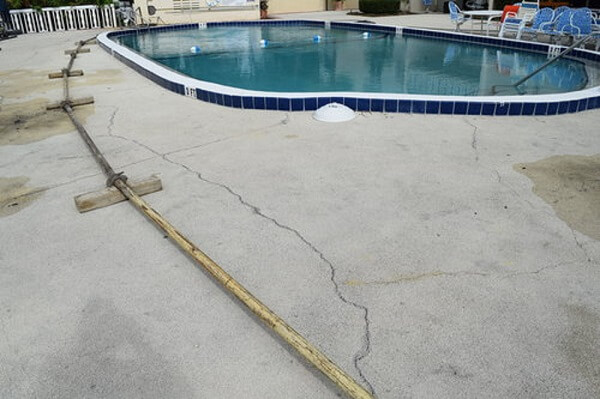With Florida condominiums, excessive wear and tear on the common elements may shorten their useful life and expedite costly repairs and maintenance. This problem may be exacerbated at larger condominium associations when both tenants and owners are using the common elements. A condominium association can mitigate these deleterious effects by restricting dual usage of the common elements by owners and tenants when units are rented.
This remedy is found within Section 718.106 of the Florida Condominium Act, which states as follows:
When a unit is leased, a tenant shall have all use rights in the association property and those common elements otherwise readily available for use generally by unit owners and the unit owner shall not have such rights except as a guest, unless such rights are waived in writing by the tenant. Nothing in this subsection shall interfere with the access rights of the unit owner as a landlord pursuant to chapter 83. The association shall have the right to adopt rules to prohibit dual usage by a unit owner and a tenant of association property and common elements otherwise readily available for use generally by unit owners. (Emphasis added.)
This statute assists associations with preventing unintended wear and tear, over-use and/or unnecessary damage to common elements when there are more users of the common elements than what was originally planned. For example, if a condominium association has 400 units then it is a reasonable assumption that the developer constructed the common elements for use based on those 400 units. If half of those units become rented over time, and those rented units have dual usage of the common elements by both the owners and the tenants, then the potential use of the common elements has increased from the planned 400 or so occupants to 600. That’s a 150% increase.
Florida law allows associations to restrict dual usage to prevent this scenario from occurring. Any association wanting to implement such a rule should engage a competent attorney to draft it based on the specific characteristics of the association. The rule must then be voted on by the board of directors at a properly noticed board meeting. Once approved, it should be included in the association’s formal rules and regulations.
After the association implements this rule, only tenants of rented units can use the common elements and the owners of those rented units cannot. The only way an owner of a rented unit can use the common elements is if the tenant waives in writing his or her right of usage. If a tenant signs a written wavier, it should be maintained in the association’s official records, and the tenant is then no longer permitted to use the common element facilities such as the pool, gym, tennis courts, etc.
In the Florida Department of Business and Professional Regulation arbitration opinion, Augusto v. Indian River Club Ass’n, Inc., Case No. 12-00-3380, Summary Final Order (Nov. 7, 2012)), the arbitrator explained that, “the purpose of the statute was to prevent overcrowding and excessive wear and tear on the common elements. . . The legislature permits an association to promulgate a rule to assure a common element like a gym or swimming pool is only used by either the tenant or the owner.” The arbitrator also cautioned associations not to implement a rule that prohibits what the statute allows, which is the right of the owner (landlord) to use the common elements when the tenant waives in writing his or her right to use the facilities. The arbitrator concluded by stating that, “a rule must be narrowly drawn to accomplish the statutory objectives of preserving the common elements by requiring single usage of a facility.” Id.
Any association experiencing regular disputes with owners and tenants over common element usage, or wanting to implement a rule against dual usage, should discuss the matter with experienced legal counsel to determine the best option for the association’s specific common elements and needs.

